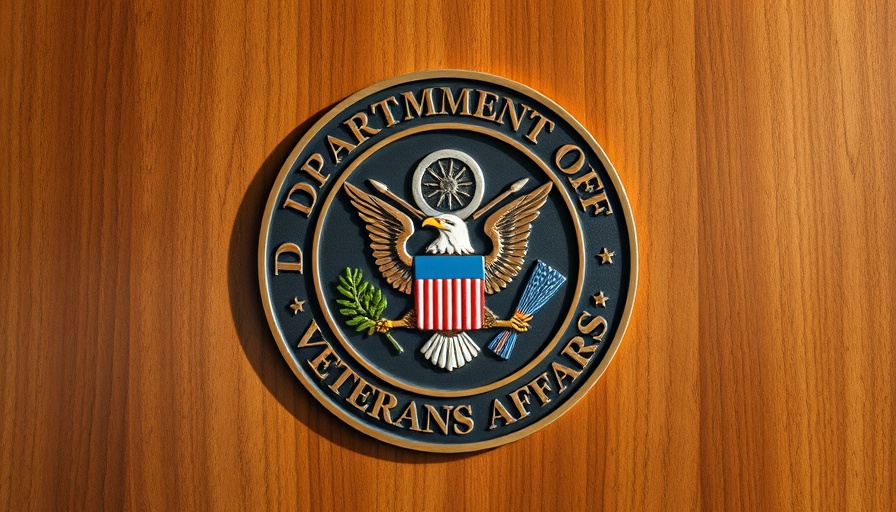
Rising Costs and Project Delays: What VA's Oracle EHR Means for Veterans
As the Department of Veterans Affairs (VA) grapples with its electronic health record (EHR) modernization project, recent testimonies indicate a pressing need for a revised cost estimate that reflects the changing landscape of the initiative. Current projections range from the VA's earlier estimate of approximately $16 billion to an independent assessment that could be as high as $50 billion, highlighting the uncertainty surrounding the rollout of Oracle's new health record system across its facilities.
Understanding the Financial Implications
The cost disparities are stark: the initial 2019 budget has become 'severely outdated and incomplete,' as highlighted by Carol Harris from the Government Accountability Office (GAO). With the VA already investing about $12.7 billion into the initiative, lawmakers like Rep. Tom Barrett emphasize the necessity of being budget cognizant while ensuring the project's successful execution. "Cost of this is an unknown at this point," he stated, reflecting a common sentiment among stakeholders who are keen to avoid budgetary pitfalls.
Barriers to Implementation: The Project's Hurdles
The rollout has faced significant obstacles since Cerner was awarded the contract in 2018, aimed at replacing an aging medical record system. Since the first deployment at Mann-Grandstaff VA Medical Center two years later, user adoption has been sluggish with only 6 out of 170 facilities currently operational with Oracle's system. This has led to criticisms surrounding technology reliability and patient safety concerns, underscoring that the path forward is fraught with challenges.
Future Outlook: What Lies Ahead for the EHR Project?
Looking to the future, the VA has plans to resume the EHR deployment at four facilities in Michigan, but experts warn it is unrealistic to expect completion across the remaining facilities by the time the current Oracle contract expires in 2028. With the pace of technological innovation in healthcare, many are wondering how this will ultimately impact patient care and electronic management of health records.
While Oracle executives argue that recent improvements to the system can lead to reduced costs and a quicker rollout, challenges including job cuts and the departure of key staff at the VA may complicate these efforts. As the agency works towards a comprehensive master schedule for deployment, it is clear that the financial and operational implications of this endeavor will remain at the forefront of discussions for years to come.
 Add Row
Add Row  Add
Add 


 Add Row
Add Row  Add
Add 



Write A Comment